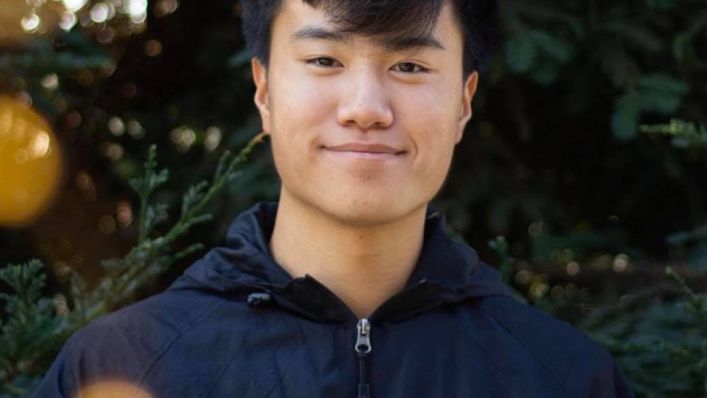In episode 1 of Generation Change, join Dr. Steven Adelsheim, Brandon Pan, Almah Galan and Mohan Moruspalli as they discuss the importance of early intervention strategies in youth mental health.
They'll also talk about their involvement in allcove — a network of standalone, integrated youth mental health centers that welcome young people to take a pause from their daily lives and access a range of professional support services and care.
Discussion points:
- Why allcove? What is innovative about the model and the gap it aims to fill
- Youth perspective: What is the promise allcove holds for them?
Hear from:
Dr. Steven Adelsheim is a child/adolescent and adult psychiatrist who works to support community behavioral health partnerships. He is the Director of the Stanford Center for Youth Mental Health and Wellbeing in the Department of Psychiatry. Dr. Adelsheim has partnered in developing statewide mental health policy and systems, including those focused on school mental health, telebehavioral health, tribal behavioral health programs, and suicide prevention. For many years Dr. Adelsheim has been developing and implementing early detection/intervention programs for young people in school-based and primary care settings, including programs for depression, anxiety, prodromal symptoms of psychosis, and first episodes of psychosis.
Ana Lilia Soto, MA, Youth Development Manager, Stanford Center for Youth Mental Health and Wellbeing
Ana Lilia Soto’s commitment to community voice, agency and youth development has guided her involvement with youth and community for the last 20 years. She is a community and mental health worker specializing in cultural rites of passage programming and life skill development for youth. Ana Lilia has created, developed and implemented empowerment curriculum for under-resourced youth aimed at encouraging youth to acknowledge their own potential using a philosophy grounded in culture, identity development, resiliency, and acknowledgment. At the Center, Ana Lilia focuses on supporting the youth voice, facilitates the Youth Advisory Group, and ensures that the youth perspective is included in all of the Center’s goals and touchpoints.
Brandon Pan, allcove Youth Advisory Group member in Palo Alto, Calif.
Hi! I'm Brandon Pan, and I'm a senior at Cupertino High. My passion for mental health was sparked by seeing my peers and their interactions with the Silicon Valley culture, whether it was academic or social, and recognizing that allcove Youth Advisory Group provided a platform to change things for the better on an institutional level.
Almah Galan, allcove Youth Advisory Group member in San José, Calif.
Hi, my name is Almah Galan. I am from San José, California, and I attend Notre Dame San José High School. I am currently a junior. I want to change the way that mental health is talked about in our community. There is a need for mental health awareness, and this is a wonderful opportunity to spread awareness. I have known many peers suffer with mental illness and most of the time it was hard to get access to proper mental health resources. This opportunity will allow me to help others who suffer from mental illness.
Mohan Moruspalli, allcove Youth Advisory Group member in San José, Calif.
Hi, my name is Mohan Moruspalli, and I’m a senior at BASIS Independent Silicon Valley. For me, mental wellness means to look at life and have positive thoughts. Waking up in the morning and thinking, "today is going to be a great day." When someone reaches that point -- of having a positive attitude towards life -- they will begin to feel better about themselves, encourage themselves to be better, and strive to be the best self they can be.
I joined the Youth Advisory Group because I was in a situation in which I felt like I had nothing. I was at rock bottom, and I would not have gotten out if someone hadn't given their hand to help me. The feeling of thinking that you have no one and nothing is absolutely terrifying. I don't want anyone to ever feel like that again.
I would like the youth to know no matter how alone you feel, there will always be someone who will help you. There will always be someone who is willing to listen to you and be your friend. You just have to be willing to let others help you.




















